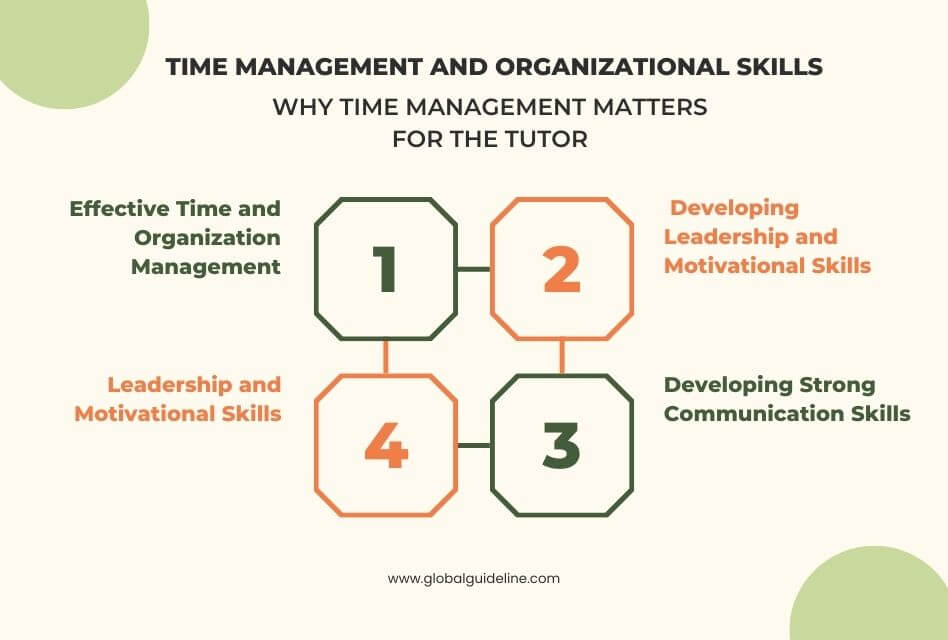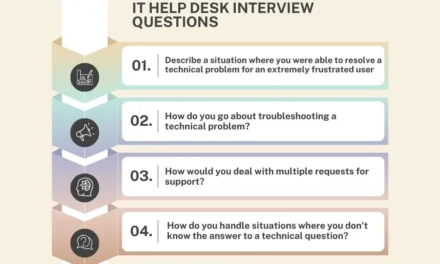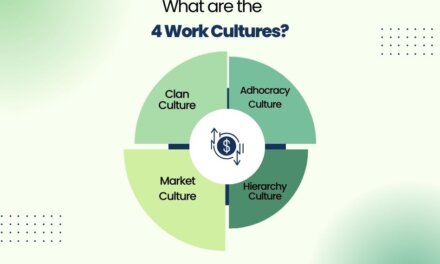Now, since more than just scholastic knowledge determines student success, tutoring has emerged as an indispensable task in the education sector. The mastery of these skills is as important for teaching a subject as that of the hard skills needed for teaching them: the students understand the material and stay motivated and supported all through their learning journey. This article delves into the top 5 must-have soft skills that a tutor needs to master in the USA, explaining why these skills are simply indispensable to truly effective tutoring and just how they add up to a positive learning environment.
Table of Contents
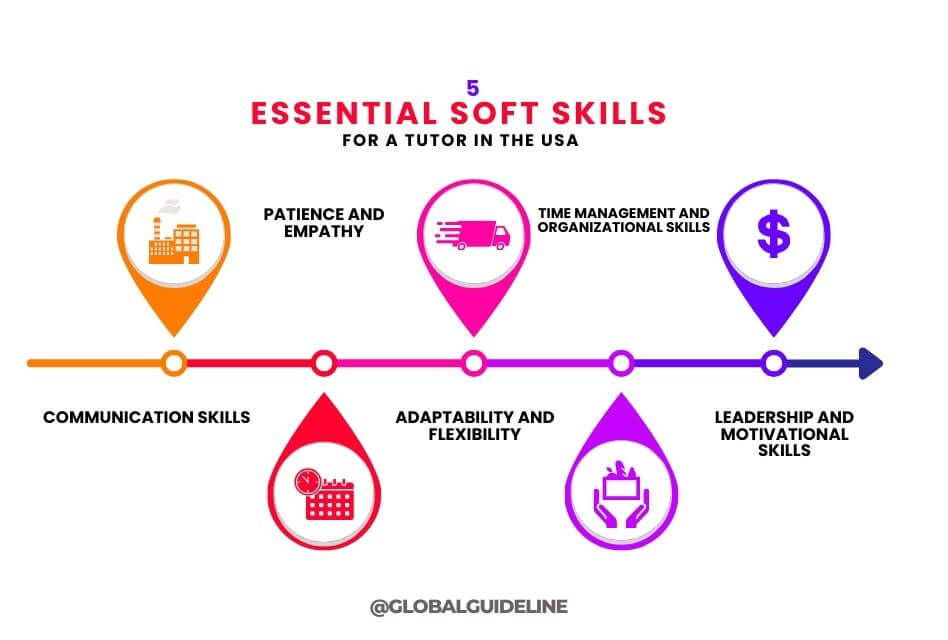
Why Soft Skills in Tutoring Matter: Understanding Importance
Before heading into the specific soft skills, let us briefly discuss what they really are and why they are importance in education. Soft skills are skills related to interpersonal attributes that help individuals interact effectively with other people in a harmonious manner. These are the basic skills required to build a supportive and interesting learning environment in tutoring.
What skills do you need to be a tutor? While it is a given that subject matter expertise is essential, a really good tutor will also be very effective in communication skills, empathy, patience, and learning and receiving information in different styles. These soft skills make the best tutors stand out from the good ones.
1. Communication Skills
The second must-listed indispensable soft skill for a tutor is a communication skill. Effective communication basically forms the basis for successful tutoring; it enables a tutor to convey very complex concepts in a straightforward manner understandable to his students.
Communication in Tutoring
Communication is not only talking well but also listening attentively. A tutor should be in a position to illustrate topics from more than one approach for them to accommodate the different personalities of students in their learning style. Further, active listening helps tutors see problematic areas that require attention and deal with them accordingly.
Soft skills in teaching often include communication, which is an important factor as they help to create rapport for students to be more comfortable and engaging in the process of learning.
An excellent tutor begins with excellence in verbal and non-verbal communication. Apart from being clear with instructions, a tutor should ask open-ended questions that encourage thinking rather than providing answers, and positive body language must be applied in reiterating the messages.
Developing Strong Communication Skills
Tutors would be able to develop communication skills by being actively engaged in listening, taking feedback from students, and constantly improving the means through which they can describe concepts in other words. This is a continuous process through which a tutor will be able to observe change in the needs of the students.
A tutor’s resume must mention communication skills. The ability of him to communicate chiefly depends upon tutoring effectively. Examples of how you have been successful in communicating complex ideas to the students may make your resume exceptional.
2. Patience and Empathy
Patience, combined with empathy, are very important soft skills in tutors. These qualities come in handy in facilitating a helpful learning environment where students are made to feel understood and encouraged; this is especially so when they find the subject matter challenging.
Why Patience and Empathy Matter
Tutelage requires patience as the student learns at his own speed. A tutor must be prepared to repeat some concepts in different ways several times until an understanding is gained by the student. Empathy provides a tutor with the ability to relate to students on a personal level while sympathizing with the frustrations faced by those students and aiding them to overcome those frustrations.
A good tutor is a patient and empathetic person who provides a safe environment for students to express their difficulties. This will contribute to the positive learning experience that every student should have in order to be successful.
Develop Patience and Compassion
A tutor can develop patience by practicing mindfulness and putting efforts in the desired skills rather than immediate results. Moreover, tutors can develop compassion by listening to a student with actual intent, asking students their feelings, or showing interest in the students’ lives.
Your resume about tutoring skills should emphasize your patience and empathy because these are the characteristic features that are sought after when a parent looks for a tutor or a student seeks one. Thus, through the attached examples of how you supported particular students at challenging moments, one can show that the soft skill of being an adaptable person and flexible.
3. Adaptability and Flexibility
Flexibility is another soft skill that tutors need to possess, especially in a very diverse learning environment where all students are coming from diverse needs, backgrounds, and various styles of learning. Adaptability is a characteristic for being able to change one’s teaching style to meet the needs of every student.
Reason Why Tutoring Needs Adaptability:
No two students are alike; the fact that may help one will not assist the other. An instructor, in particular, needs to be flexible to try out different teaching methods or tools and strategies to find what best works for a particular student. It also means to change the tutoring approach based on the feedback received from the students.
Study skills tutoring refers to teaching students how to study effectively, that is, how to organize, plan, and prepare for tests. Tutoring in this area requires a lot of flexibility because every student learns in different ways.
What are tuition skills? Tuition skills describe the hard and soft skills required to be effective when tutoring. Skills include adapting to different types of learning environments and accommodation for the needs of varying numbers of different kinds of students.
Adaptability and Flexibility
One way to increase adaptability is to ensure that you know the current technologies and methodologies in education and are willing to experiment with new tools and techniques. Flexibility can be developed by allowing people to give you feedback, and you must also be willing to change your approach.
A tutor’s resume should include soft skills such as flexibility where you will demonstrate your ability to adapt your methods of tutoring on different students. Other teaching strategies you may have experience with should also be featured as it can also make your resume stronger.
4. Time Management and Organizational Skills
Tutors need good time management and organizational skills, especially if they are dealing with multiple pupils or combining tutoring with other responsibilities. Such skills will allow the tutoring session to be productive while the students are able to derive optimal value out of the time spent with you.
Why Time Management Matters for the Tutor
Time management in tutoring involves effective planning of lessons, setting goals for each tutoring session, and making sure you and your student are on track. Good organizational skills help prepare materials in advance, track the progress of students, and ensure effective management of time.
The most single thing that a tutor can do to benefit a learner is help them learn to develop their own personal time management skills, which represents a big part of success in academics. Modeling good time management skills can help students learn how to prioritize their studying and effectively work through a workload.
While subject-specific knowledge is the heart of tutoring, technical skills sometimes go hand in hand with soft skills that may involve time management to ensure proper progress and maximum gain for students in their tutoring sessions.
Effective Time and Organization Management
Use tools such as planners, scheduling apps, and progress trackers to heighten your ability to control time and organize yourself. Set clear objectives for each tutoring session and reflect regularly on your approach to maintaining organizational and focused skills.
LinkedIn profiles illustrating tutoring skills should focus on time management and organizational abilities, since these skills are crucial to handling multiple students and ensuring every session is effective.
5. Leadership and Motivational Skills
Finally, leadership and motivational skills are crucial to enable a tutor to inspire his or her students to be their best selves. These skills help create a conducive learning environment in which students feel encouraged and motivated toward success.
Leadership in Tutoring
Effective leadership in tutoring can be translated into guiding a student through their learning journey, helping them set goals, and giving them enough support to enable them to achieve those objectives. A strong leadership tutor will prompt the student into confidence, thus creating the opportunity for students to own their learning.
What I learned from being a tutor essay often focuses on the importance of leadership and their ability to motivate students. Such experiences will always shape how you approach the tutoring process, and help students overcome challenges.
The list of tutoring skills should reflect leadership and motivational skills: these skills are necessary to keep your students’ eyes on the ball and encouraged throughout the course study.
Developing Leadership and Motivational Skills
To develop your leadership skills, focus on building strong relationships with your students, understanding the individual needs of all, and providing consistent encouragement. This can be developed in achieving goals for students and celebrating even the smallest success by their students; therefore, this can enhance motivational skills.
Private tutor skills resume should most of all reflect the skills to develop their leadership, providing examples of how you have helped your students to achieve their academic goals through motivation and guidance.
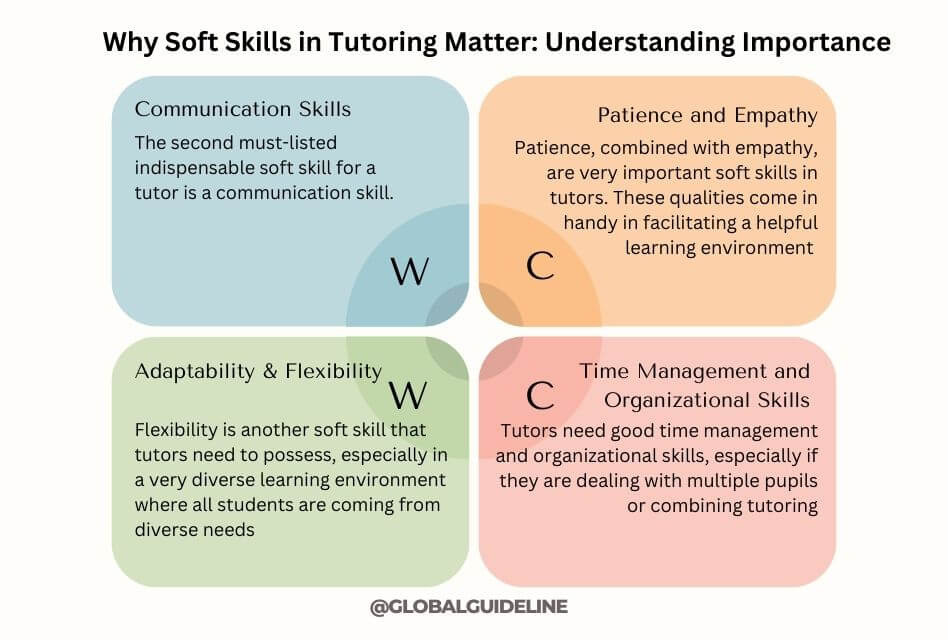
Tutor Job Interview Questions
Preparation for a job interview as a tutor would mean preparing one’s self to be assessed in both hard and soft skills. Here are some of the common ones.
- What are the most important soft skills required by a tutor?
Be ready to talk on how good communication, patience, flexibility, time management, and the ability to take the lead will help a tutor do his job. - Suppose a student wasn’t getting a concept, no matter how many times you explain it?
This would check on your patience as well as flexibility as a facilitator - How do you inspire a student who has lost interest in his studies?
Let the employer know how you have managed to apply that leadership and motivational attitude towards the students to keep them interested. - How do you manage time while you have to handle several students for tutoring?
This question assesses your organizational and time management skills.
Frequently Asked Questions
1. What are tutor skills?
A tutor requires both hard skills in his subject area and soft skills such as communication, patience, flexibility, time management, and leadership.
2. What are teaching soft skills?
Teaching soft skills would include effective communication, empathy toward students, being flexible in your delivery for accommodating different learning styles, effectiveness in time management, and student motivation.
3. What are the characteristics of an excellent tutor?
An excellent tutor could therefore be described as a person who can provide clear explanations, shows patience and empathy, can easily adapt to the needs of different pupils, manages time efficiently, and motivates to succeed.
4. How can I improve my tutoring skills?
Improve tutoring skills by seeking feedback from students, continuous learning of new teaching methods, practicing active listening, and staying organized. In addition, the development of soft skills in communication, empathy, and adaptability will surely make you a better tutor.
5. What are some of the most important soft skills for a tutor to have?
Some of the essential soft skills a tutor should possess are communication, patience, flexibility, time management, and leadership skills. All these soft skills create a supportive learning environment for the students and make students feel motivated and understood.
6. How do I present soft skills on my tutoring resume?
To demonstrate soft skills on your tutoring resume, you should describe concrete examples of how you have applied these skills to achieve good results with your students. For instance, you could stress how great communication enabled a student to finally understand a tough concept or how effective time management helped you oversee many students.
7. What are some things I should focus on during a session with someone?
Pay attention to the aspects of clear communication, solicitation of the student’s needs, encouragement, and efficient use of time during tutoring. Melt into teaching according to the learning style of the student and support his needs all throughout the session.
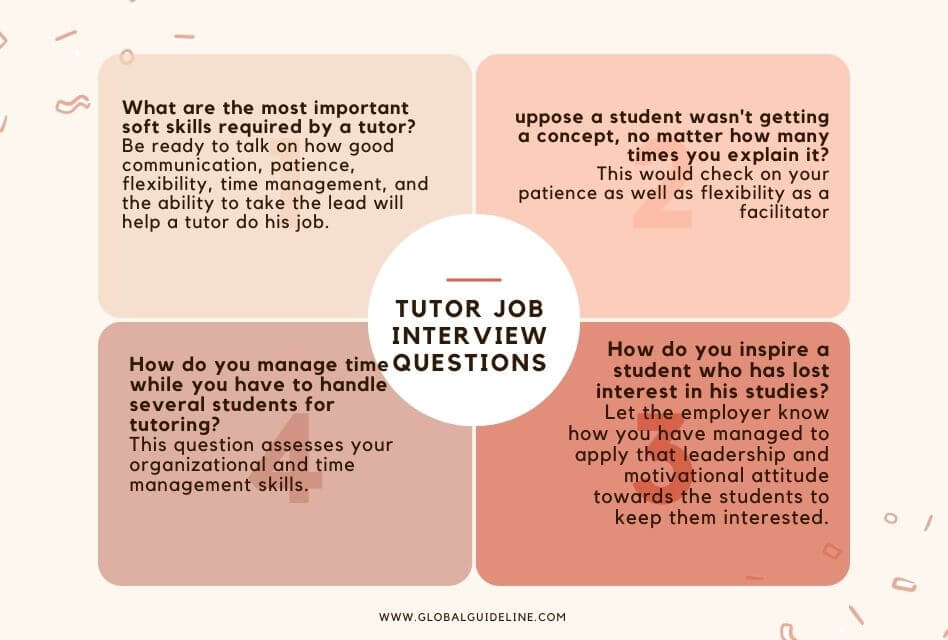
Conclusion
The role of a tutor goes way beyond mere course content; it requires mentoring students’ overall growth, be it academically or personally. A good tutor’s soft skills really make the difference between an effective and an ineffective tutor. Through developing efficient communication, patience, adaptability, time management, and leadership skills, the tutors can design a productive and positive learning experience for the students.
Having such key soft skills means more to someone today than ever, especially considering how dramatically the demand for tutored education is growing in a country as the United States of America. Whether you are an experienced tutor or just starting now, paying attention to such skills will bring your career in education to long-term success and make a lasting difference for your students.
Remember, continued development of your tutoring skills will make you realize that it is not only the knowledge that makes an effective tutor but also the kind of connection you make with your students and inspire them to increase their potential. Mastery of these soft skills can ensure that your students succeed academically and gain the confidence and motivation needed for a good life.
Related Posts:
7 Full-Time Electrical Jobs Near Me: Start Today in the USA
Find 10 Writing Jobs Near Me: Full-Time & Social Media USA
English Language Learner Tutor (ELL Tutor) Interview Questions & Answers

